TECHNICAL
REPORT
An Outcome Evaluation
of the Success for Kids
Program
Nicole Maestas, Sarah Gaillot
Sponsored by the Success for Kids Foundation
 LABOR AND POPULATION
LABOR AND POPULATION
The research described in this report was conducted by RAND Labor and Population.
Library of Congress Cataloging-in-Publication Data is available for this publication.
ISBN 978-0-8330-5124-0
eISBN 978-0-8330-5125-7
The RAND Corporation is a nonprofit institution that helps improve policy and decisionmaking through research and analysis. RANDs publications do not necessarily reflect the opinions of its research clients and sponsors.
RAND is a registered trademark.
Copyright 2010 RAND Corporation
Permission is given to duplicate this document for personal use only, as long as it is unaltered and complete. Copies may not be duplicated for commercial purposes. Unauthorized posting of RAND documents to a non-RAND website is prohibited. RAND documents are protected under copyright law. For information on reprint and linking permissions, please visit the RAND permissions page (http://www.rand.org/publications/permissions.html).
Published 2010 by the RAND Corporation
1776 Main Street, P.O. Box 2138, Santa Monica, CA 90407-2138
1200 South Hayes Street, Arlington, VA 22202-5050
4570 Fifth Avenue, Suite 600, Pittsburgh, PA 15213-2665
RAND URL: http://www.rand.org/
To order RAND documents or to obtain additional information, contact
Distribution Services: Telephone: (310) 451-7002;
Fax: (310) 451-6915; Email:
Preface
The Success for Kids (SFK) Foundation asked the RAND Corporation to conduct the first-ever quantitative-outcome evaluation of its after-school program. Private donations raised by the SFK Foundation for this specific purpose sponsored the evaluation. Toward this end, RAND developed an experimental research design, which included randomization of 19 new partner sites in southeast Florida to treatment and control groups and repeated assessments of teachers and children at pretest, posttest, and follow-up. Under RAND direction and oversight, SFK program staff managed data collection. RAND researchers analyzed the data and prepared this report, which describes the study design and implementation, reviews the related literature, and presents the results of data analysis for a large number of quantitative behavioral and attitudinal outcomes. It is hoped that this study will aid SFK in program development, continuous quality improvement, and strategic-planning efforts. In addition, this rigorous, quantitative study makes a significant contribution to the research literature on the effectiveness of after-school programs, which is currently dominated by nonrigorous studies.
RAND Labor and Population
This research was undertaken within RAND Labor and Population. RAND Labor and Population has built an international reputation for conducting objective, high-quality, empirical research to support and improve policies and organizations around the world. Its work focuses on labor markets, social-welfare policy, demographic behavior, immigration, international development, and issues related to aging and retirement with a common aim of understanding how policy and social and economic forces affect individual decisionmaking and the well-being of children, adults, and families.
For more information about this study, contact Nicole Maestas, economist, RAND Corporation, 1776 Main Street, P.O. Box 2138, Santa Monica, CA 90407-2138, 310-393-0411, x6705, ).
Contents
CHAPTER ONE
Introduction
CHAPTER TWO
Program Description
CHAPTER THREE
What Do We Know About After-School Programs?
CHAPTER FOUR
Evaluation Design and Implementation
CHAPTER FIVE
Data Quality
CHAPTER SIX
Outcome Analysis
CHAPTER SEVEN
Conclusions and Recommendations
APPENDIX
Training of Teachers and Facilitators
Figures
Tables
4.1. Location, Study Enrollment, and Neighborhood Characteristics of Participating
Sites
4.4. Logistic Regression of Treatment Assignment on Baseline Characteristics: Child
Reports
4.9. Logistic Regression of Treatment Assignment on Baseline Characteristics: Child
Reports, Nonattritors Only
Summary
This report presents results from a multisite, quantitative evaluation of the international Success for Kids (SFK) after-school program. The program seeks to build resilience in children by teaching them to access inner resources and build positive connections with others. The level I SFK program, titled The Game of Life, is a 10-part course offered weekly in 90-minute lessons free of charge to children between the ages of 6 and 14 who are enrolled in existing after-school programs. The course uses structured games and activities to teach such concepts as cause and effect, how to control reactive behaviors, the value of sharing with others, and the importance of making an effort. Through its curriculum, the program aims to increase prosocial behaviors and reduce antisocial and problem behaviors. The SFK program is unlike most after-school programs both in its focus on spiritual development and in its emphasis on outcomes related to resilience rather than academics.
Although after-school programs in the United States receive significant financial backing from both public and private sources, the literature assessing their effectiveness has many methodological weaknesses. Among the better studies of programs addressing social behaviors (such as SFK), program effects have been shown to be small. This study attempted to avoid the pitfalls evident in the research literature by using a very rigorous methodology: randomization of program sites to treatment and control groups and repeated measurements over time. This research design was possible owing to a unique window of opportunity: SFK was rapidly expanding its operations in southeast Florida, which enabled us to randomly assign 19 new program sites to either immediate implementation of the program or delayed implementation after a 12-week waiting period. During the waiting period, the delayed-implementation sites formed a control group for the sites receiving immediate implementation (the treatment group). The 19 program sites were diverse both in their demographic composition and in their spatial location throughout Miami-Dade, Broward, and Palm Beach counties.
Behavioral outcomes were measured using the well-known Behavior Assessment System for Children, Second Edition (BASC-2). Children and their regular after-schoolprogram teachers (not the SFK teachers) were assessed at pretest, posttest, and follow-up. An extensive analysis of reliability and validity revealed that the self-report data collected from children were plagued with inconsistencies, and thus conclusions are based on the data collected from teachers.
We found that the program had beneficial effects on virtually every domain covered by the BASC-2. In particular, the program had medium to large effects on adaptive skills (effect sizes [ESs] of 0.55 to 0.73), which include adaptability, social skills, leadership, study skills, and communication skills. The program had small to medium effects on behavioral problems (0.19 to 0.37), especially attention problems and withdrawal, and small effects on overexternalization of problems (0.16 to 0.29). The program had small to medium effects on the reported incidence of school problems (0.32 to 0.48). There is suggestive evidence that many effects persisted at 12-week follow-up. Notably, the ESs exceeded the average ESs found for after-school programs targeting similar outcomes (0.19 for positive social behaviors and 0.18 for problem behaviors), as calculated by Durlak and Weissberg (2007) in a recent meta-analysis.


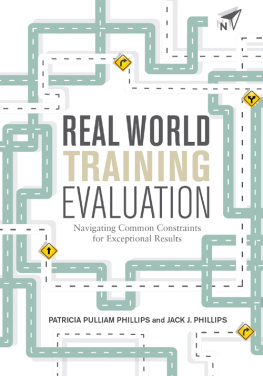
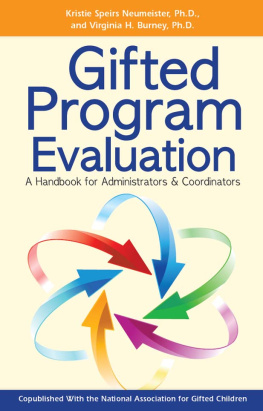
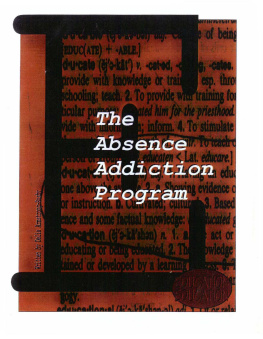
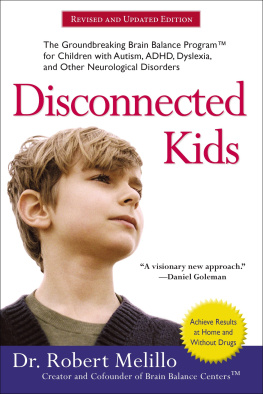
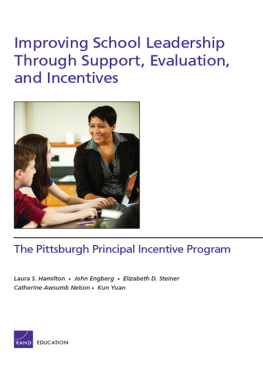

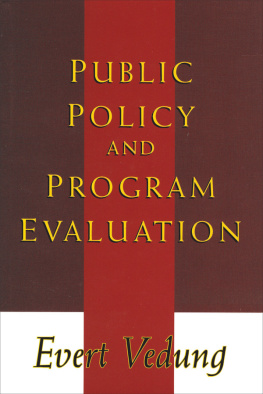
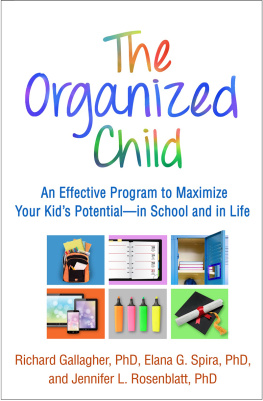
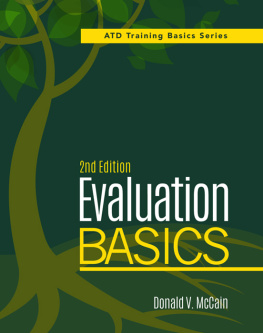
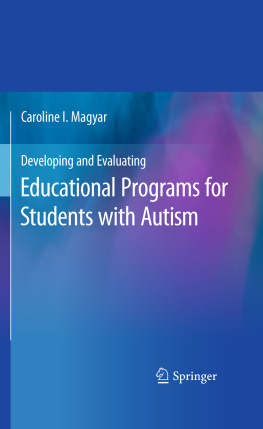
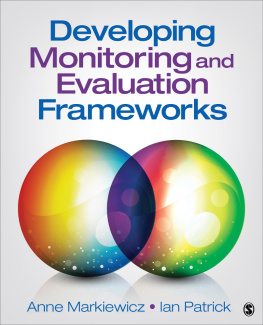
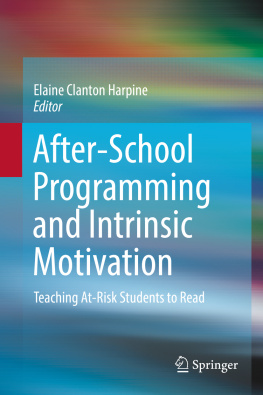
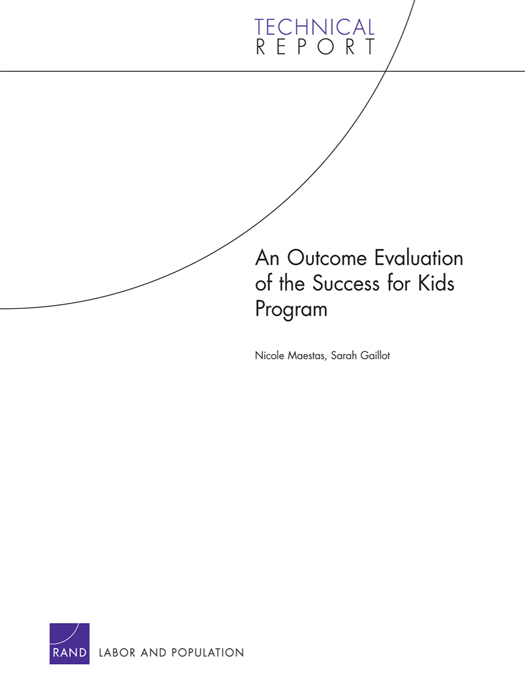
 LABOR AND POPULATION
LABOR AND POPULATION